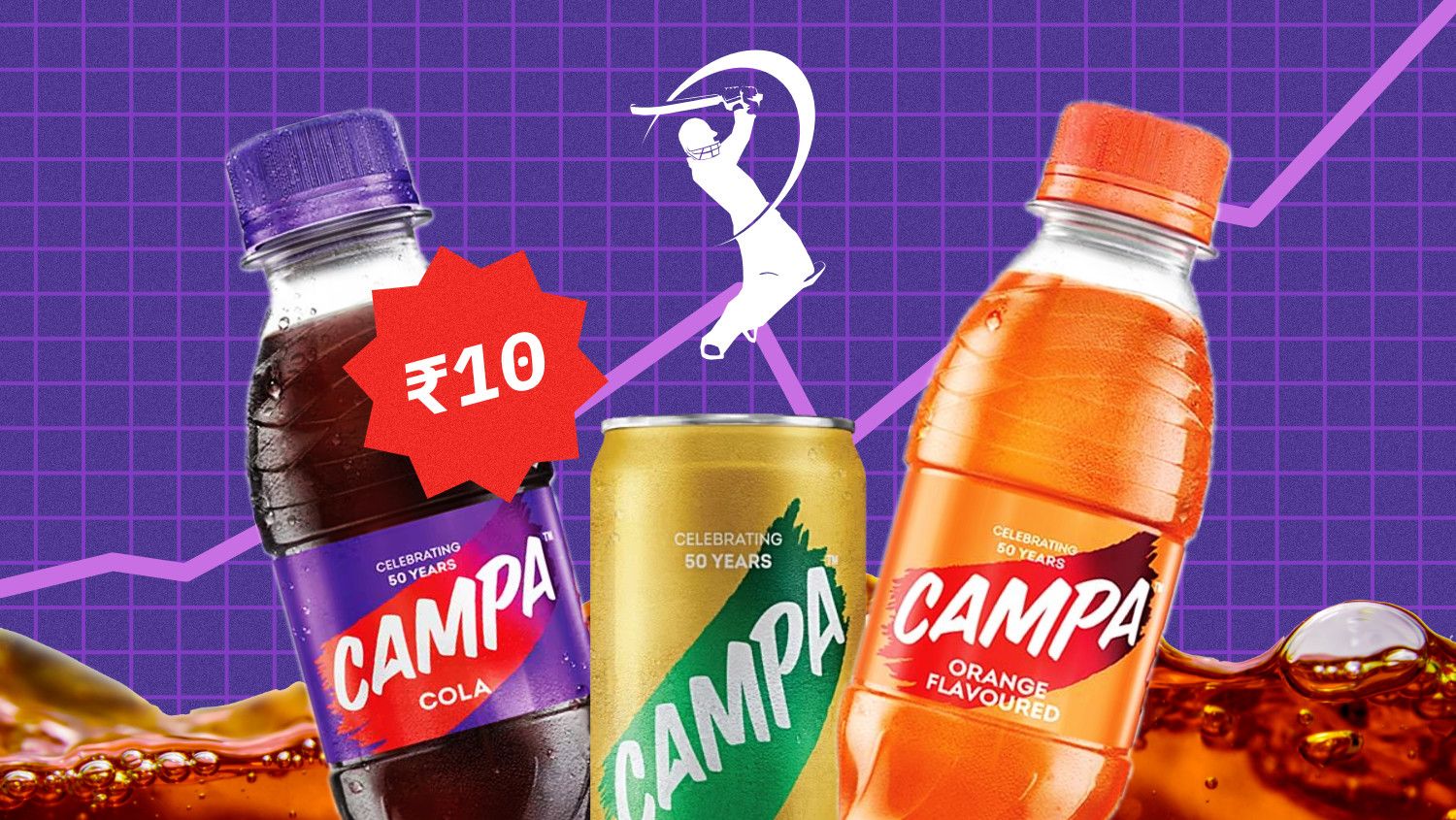Fermented food items trend has consumers hunting down the suitable microorganisms, Europe Information & Top rated Tales
COPENHAGEN (BLOOMBERG) – With fermented foods reaching near-cult status for the well being-obsessed, buyers have begun searching for the ideal germs.
As a end result, manufacturer consciousness – and the advertising that arrives with it – has now manufactured its way into the environment of food items cultures, in accordance to chief government of Denmark’s Chr. Hansen Mauricio Graber, the world’s biggest maker of probiotic cultures employed in foods this sort of as cheese.
“Strains issue,” he mentioned in an job interview.
A single of the behavioural aspect outcomes of the pandemic – and the lockdowns it spawned – appears to be a sudden spike in need for fermented wellbeing goods like kombucha and kimchi.
Branding microbes is becoming a issue, specifically in Asia in which food corporations have built purchaser self-confidence in the immune- and digestive-well being added benefits of added are living cultures.
Microorganisms makers are having a page out of Intel ebook to test to fix the branding trouble. The enterprise, which will make semiconductors that go into the guts of laptops, inevitably slapped the now well-known “Intel within” sticker on the PCs to obtain recognition.
Chr. Hansen’s LGG manufacturer of Lactobacillus rhamnosus now seems on products like Babybel probiotic cheese treats. Logos have yet to make their way on to packaging in Europe, Graber stated.
“Consumers could find purely natural, healthy solutions when Covid-19 is under management, possibly boosting Chr. Hansen’s capacity to broaden natural and organic income at double the marketplace rate. Its technologies will allow for the abolition of antibiotics and substances in the meals chain, adding probiotic cultures to help labels’ wellness statements,” said Bloomberg Intelligence analyst Duncan Fox.
“You see it a good deal in the complement room, and at times what you see there you conclude up observing to some degree in the mainstream meals and beverage space,” mentioned Albert McQuaid, main technological know-how officer at components maker Kerry Group, whose GanedenBC30 brand name has also created it on to food and drinks containers.
“Persons want to seriously rely on the credibility of the elements and that demands the component owning authentic presence.”
Covid-19 is spurring two assorted tendencies in 2021, in accordance to an industry report by Kerry.
Although people are hankering soon after ease and comfort meals like apple pie and mac and cheese, you will find also a craving for a lot more exotic flavors and cuisines provided actual physical vacation is off the agenda, Kerry reported.
But there is certainly also a major change toward wholesome foodstuff, it extra, assisting reinvigorate the probiotics field, which by itself has had its ups and downs. Practically a 10 years back, the European Union banned the use of “probiotics” and any connected overall health advantages on foodstuff labels, rejecting a flood of purposes.
In modern months, cracks have started out to look in the EU’s ruling, with Spain amid member states loosening the regulations to enable the probiotics label to reappear as a food items ingredient.
“Europe received a tiny cautious of some of the science as businesses were putting things on willy-nilly again in the late 1990s, early 2000s, with no scientific backing Danone acquired hit difficult on this a single,” Mr Fox said.
“Yet Chr. Hansen has the data that can demonstrate things, and the pandemic may possibly just enlighten folks to how a very good eating plan is handy.”
Mr Graber said Europe is significantly at the rear of other regions when it arrives to germs brand recognition.







